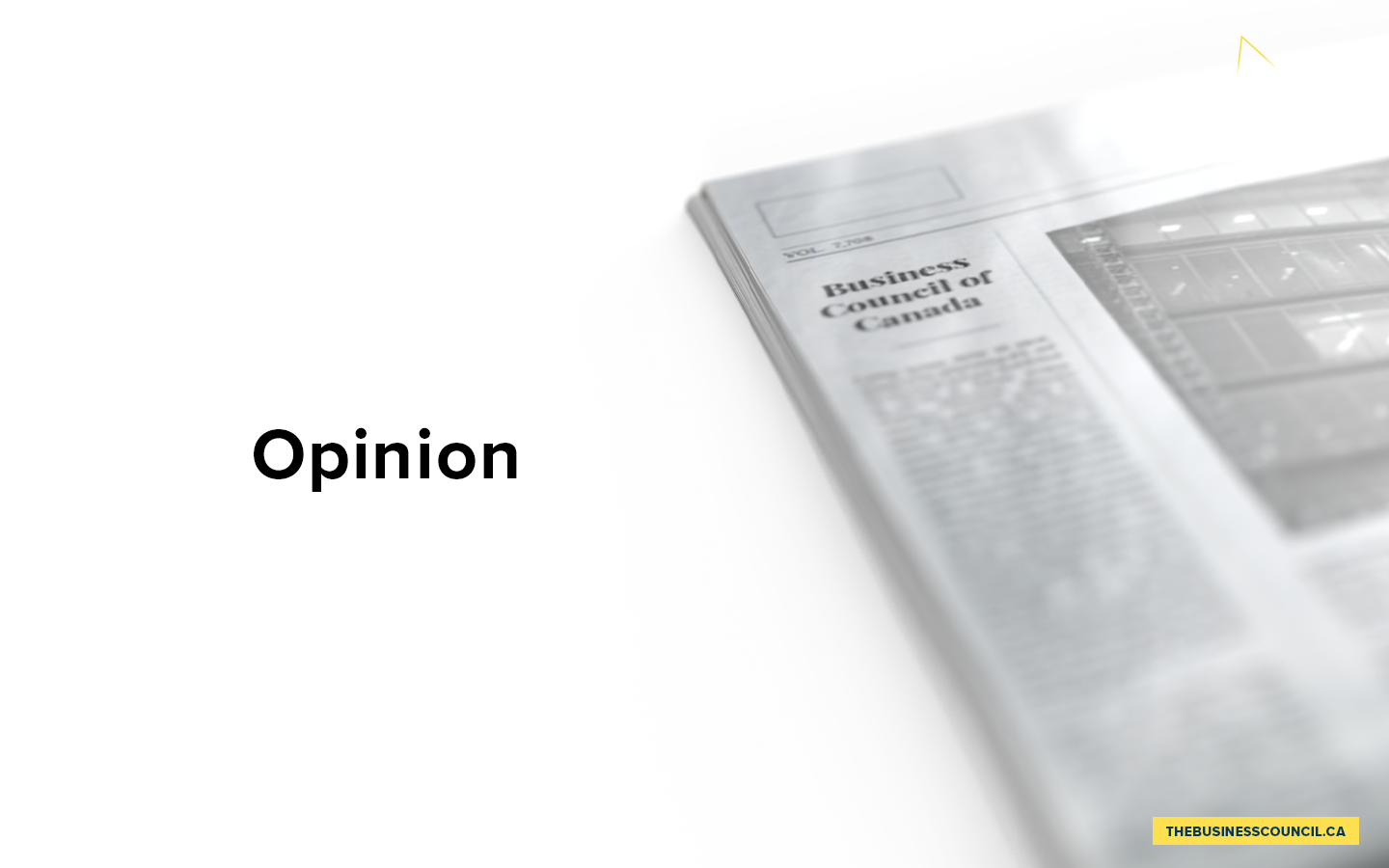Morneau misses mark on Canada’s challenges
As published in the Globe and Mail
I know how hard it is to be a Liberal finance minister. Liberals believe that government is a force for good in society – that while there are problems to be addressed, government exists to find solutions. The job of the finance minister, possessing these same instincts and surrounded by colleagues in cabinet and in caucus who are idealistically impatient, is a difficult one.
But he or she is not only called upon to be the visionary partner of his colleagues and his prime minister. A minister of finance is also the person upon whom our system of government imposes a burden of prudence. He may hope for the best outcomes and dream of exceeding those hopes, but he must also prepare for less-rosy outcomes. Economies don’t always perform as predicted, programs sometimes run over-budget, and floods, fires and ice storms do occur. A minister of finance must ensure the next generation is not burdened with the cost of the measures he authorizes.
Canada today is among the most envied of countries, with a growing economy, healthy levels of employment, strong institutions and a high degree of social cohesion. But we also find ourselves confronting the risk of major dislocation as a result of exogenous events. And, at the same time, we are borrowing money to satisfy immediate desires.
After 30 years of ever-increasing integration with the U.S. economy, Canada faces the possible breakdown of the North American free-trade agreement and the disruption of cross-border supply chains. Our preferential access to the U.S. market and long-enjoyed advantage of lower business tax rates have made our country an attractive investment target. Compounding the uncertainty of that market access, we have now lost, with the stroke of a pen, that tax advantage.
In short, Finance Minister Bill Morneau faced an array of uncertainties in drafting this week’s budget: NAFTA, an environment of rising interest rates, high household indebtedness and the sudden loss of our business tax advantage.
Now I know how cynical the minister must be about the budget advice he receives from business groups such as mine. I felt the same when I was in the job. I recall cheekily telling one group that if they didn’t like taxes, they were welcome to relocate to some failed state lacking in infrastructure and security. They always seemed to talk out of both sides of their mouths, demanding balanced budgets and tax cuts at the same time.
But the inescapable reality is that Canada is in a fierce global competition for investment. And there is nothing more easily frightened than an investment dollar. All the good and great things that Liberals want to achieve can only be achieved in a growing economy, fuelled by investment.
There’s a lot in the budget I like. I don’t think it would be prudent to make drastic changes to our tax system hurriedly without due care, or to pump up the deficit to make way for tax cuts. But it simply is not prudent to allow spending to consume all of the additional revenue generated by better growth, as the government has done. What’s more, the government’s failure to signal in some tangible fashion that it understands the scale of our country’s competitiveness challenges is deterring the very investment we need to build the Canada we want.
Sorry, Mr. Morneau. It’s just not easy! If it were, anyone could be finance minister.









